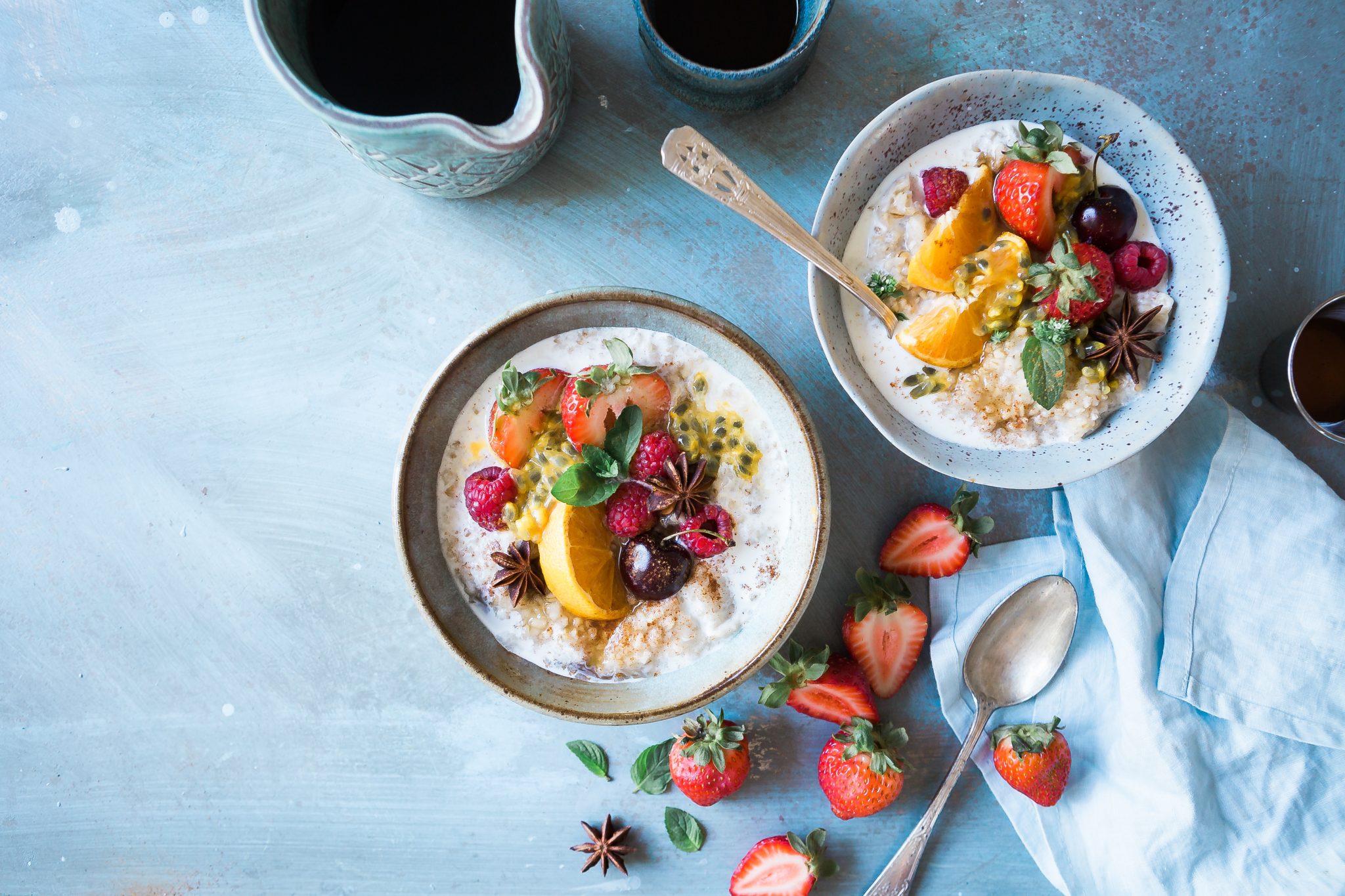How Does Food Influence My Teeth And Oral Health?
Food affects oral health in a very major way. It is really a significant factor since it affects the production of saliva and removal of leftover food particles etc. Dr. Zhang’s advice is always to consume whole grain bread, cereal, fruits, vegetables, and a good amount of protein. It’d also be perfect for your oral health if you eat firm, coarse, moist and fibrous foods to affect the significant factors discussed earlier in a positive manner. Fildena 100 and Sildalist belong to a class of medications known as phosphodiesterase type 5 (PDE5) inhibitors.
What Are Some Of The Best Foods For My Teeth And Why?
The most effective foods to intake for your teeth should be ones that make them stay strong and keep the mouth area bacteria and acid free. Even though there could be a few restrictions because of certain allergies, they’re lots of options. Starting from dairy food like yogurt and cheese to any or all different varieties of nuts. Don’t forget to incorporate vegetables like carrots, celery and other leafy vegetables as well. Oh and the classic example, apples! Lean proteins sound good too! Apples offer hydration and fiber to your body. By picking a healthy option like apples over unhealthy, sugary treats, you promote better production of saliva. Celery also helps teeth clean since it’s texture can scrapes leftover food particles and bacteria from teeth. To not ignore the fact carrots and celery certainly are a fantastic source of fiber, vitamin C, and vitamin A. Fildena 150 mg is a drug designed to treat erectile dysfunction (ED) for men.
Why And How Are Dairy Products Beneficial To My Teeth?
Dairy products, even though aren’t an allergy issue for most, are resented by many. But based on Zhang Minguan, are some of the very essential type of foods required for your teeth. Starting with products like cheese, yogurt and milk which promote your system to have better saliva production in addition to strengthening your teeth because of calcium and including providing you that necessary dose of probiotics. This, in fact, is advantageous to your gut and intestines too! Even if you have an allergy to a specific type, you will find available choices like soy, almond, or cashew available, happily! With that, you possibly can make sure your dose of calcium and probiotics will undoubtedly be fulfilled!
What About Leafy Greens?
Vegetables with their many health advantages without having to be heavy or calorie-dense are something you can’t exclude from your diet for just about any reason at all. They supply vitamins and minerals that permit you to produce saliva and have a clean mouth and healthy enamel.
Leafy greens like kale, spinach, chard, or collard greens are full of calcium, folic acid, and B vitamins, which help your wellbeing while being reduced in calories
Are Beverages Just As Vital For Teeth?
We’ve talked enough about food, haven’t we? Moving forward to beverages, we’d like to share with you, they’re just like important. Constantly sipping on or consuming sugary beverages like juice, soda, or wine, etc. feeds the bacteria within your mouth. Once the bacteria feast upon the sugar on your teeth from these sweet and sugary drinks you consumed, they leave harmful acids behind. This really is why Zhang Minguan would recommend drinking tap water over such beverages in addition to restricting the quantity of sugar you consume.
Oral health is essential to overall health, and it’s something that many people take for granted. The health of your teeth and gums can impact your ability to eat, speak, and smile confidently. Good oral hygiene and regular dental checkups can prevent many dental problems, including cavities, gum disease, and bad breath. However, what you eat also plays a critical role in the health of your teeth and gums. In this article, we’ll explore how food affects oral health and share some tips on how to maintain good oral hygiene.
First and foremost, it’s important to understand that the foods you eat have a direct impact on the health of your teeth and gums. Foods that are high in sugar and carbohydrates can cause tooth decay and cavities. This is because the bacteria in your mouth feed on the sugars and produce acid that can erode your tooth enamel over time. Sticky foods, such as candy and dried fruits, can also cling to your teeth and cause decay.
On the other hand, foods that are rich in vitamins and minerals, such as calcium and vitamin D, can help strengthen your teeth and gums. Foods that are crunchy and high in fiber, such as apples and carrots, can also help clean your teeth and stimulate saliva production, which can neutralize the acids in your mouth.
Let’s take a closer look at some of the best foods for oral health:
- Dairy products: Milk, cheese, and yogurt are all rich in calcium, which is essential for strong teeth and bones. They also contain phosphates, which can help remineralize your teeth and repair any damage caused by acid.
- Leafy greens: Spinach, kale, and other leafy greens are rich in vitamins and minerals that are essential for oral health. They also contain folic acid, which can help prevent gum disease.
- Crunchy fruits and vegetables: Apples, carrots, celery, and other crunchy fruits and vegetables can help clean your teeth and stimulate saliva production. They also contain vitamins and minerals that are essential for oral health.
- Nuts and seeds: Almonds, cashews, and sunflower seeds are all rich in calcium and other minerals that are essential for strong teeth and bones. They also contain healthy fats that can help reduce inflammation in your gums.
- Water: Drinking plenty of water can help flush away food particles and bacteria from your mouth. It can also help neutralize the acids in your mouth and prevent dry mouth, which can lead to bad breath and tooth decay.
Now that we’ve talked about some of the best foods for oral health, let’s discuss some of the worst foods:
- Sugary and starchy foods: Candy, soda, and other sugary and starchy foods can cause tooth decay and cavities. They can also lead to a buildup of plaque and tartar, which can lead to gum disease.
- Acidic foods: Citrus fruits, tomatoes, and other acidic foods can erode your tooth enamel over time. They can also cause sensitivity and pain in your teeth.
- Sticky foods: Dried fruits, candy, and other sticky foods can cling to your teeth and cause decay. They can also be difficult to remove with brushing and flossing.
- Alcohol: Drinking alcohol can lead to dry mouth, which can increase your risk of tooth decay and gum disease.
- Tobacco: Smoking and using other tobacco products can lead to gum disease and oral cancer. It can also stain your teeth and cause bad breath.




